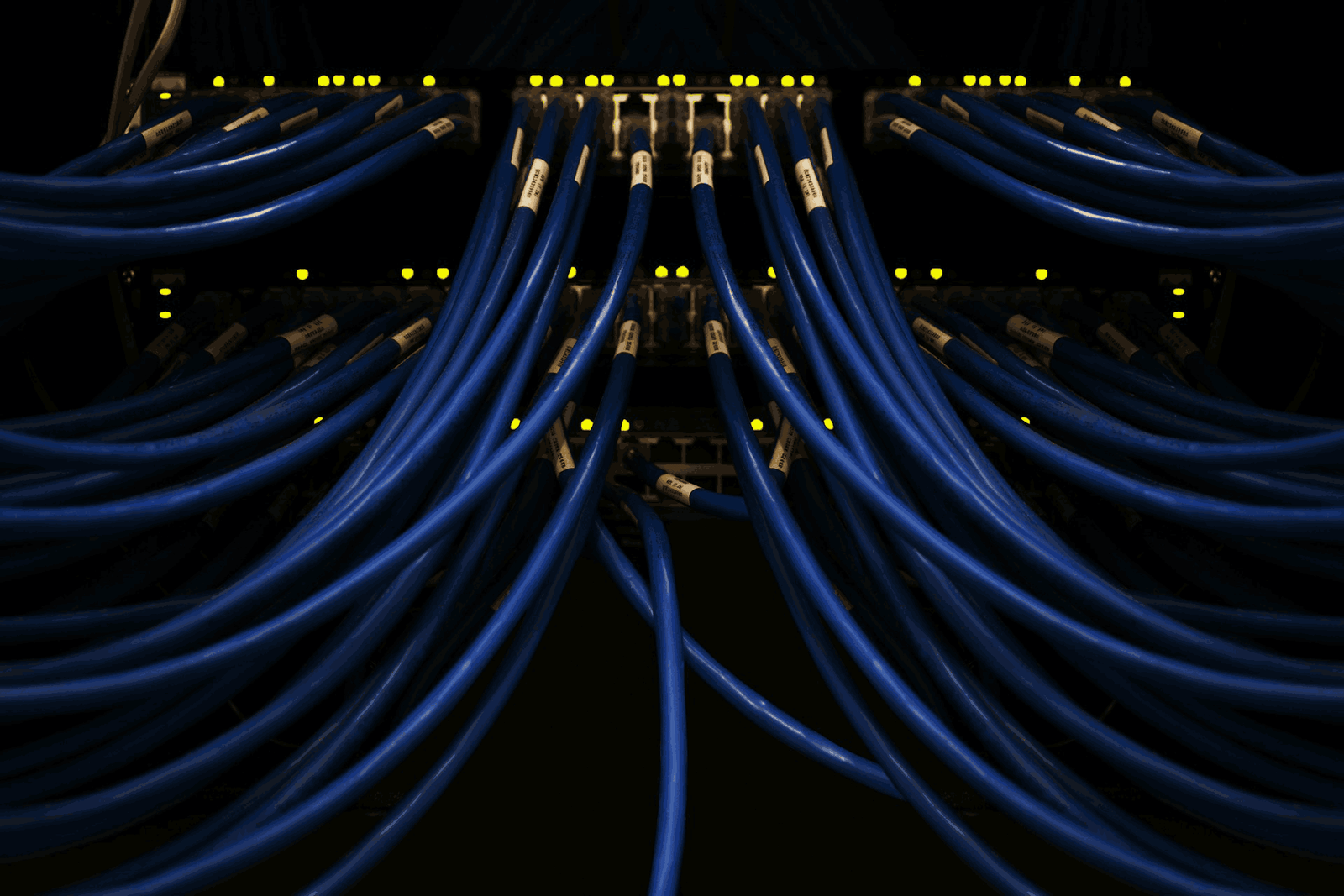When implementing an ERP solution such as Facts for your company, one of the fundamental choices you’ll face is whether to go with a cloud-based ERP or an on-site ERP system. Both have unique advantages and challenges, and the decision depends on factors such as business needs, budget, scalability, and security preferences. Let’s break down the pros and cons of each to help guide your choice.
Understanding Cloud ERP and On-Site ERP Solutions
When choosing between cloud storage and on-site ERP solutions, companies must consider several factors, including cost, scalability, security, and specific business needs. Each option has unique advantages, and the best choice often depends on the company’s size, industry, and future growth plans.
Benefits of Cloud ERP
Accessibility and Mobility
Cloud ERP systems allow employees to access data and systems from anywhere with an internet connection. This can be beneficial for remote workforces and companies with multiple locations.Lower Initial Investment
Cloud ERP solutions typically involve lower upfront costs as they don’t require hardware installations or large IT teams. Instead, they operate on a subscription-based model, making them accessible to smaller or newer companies.Automatic Updates and Scalability
Many cloud ERP providers manage system updates and security patches, so your software remains up-to-date without requiring extra effort from your IT team. Cloud systems also offer scalability, allowing you to add or remove services as your business evolves.Disaster Recovery
Cloud ERP solutions often include disaster recovery options as part of their service, providing data backups and ensuring that your information is secure even in unforeseen events.
Benefits of On-Premise ERP
- Data Control and Security
Since the data is hosted on-site, companies maintain complete control over their information. This is particularly appealing to businesses with strict data security requirements. Customization
On-premise ERP solutions allow for greater customization to align with your unique business processes. Companies with specific regulatory or operational needs often find this level of control crucial.No Dependency on Internet Connectivity
With an on-premise ERP, the system is accessible even without internet connectivity, reducing potential downtime or productivity disruptions during outages.Long-Term Cost Savings
While the initial cost of on-premise ERP may be high, it can lead to savings over time. Companies that prefer long-term investments might find this option financially advantageous.
Drawbacks of Cloud ERP
- Data Privacy Concerns
While cloud providers offer security measures, some companies feel uneasy about storing sensitive data off-site or on shared servers. - Dependence on Internet Reliability
Cloud ERP systems rely on internet access, so any downtime could impact productivity. This can be a significant consideration if internet stability is uncertain. - Limited Customization Options
Since cloud ERPs are often designed to suit a wide range of industries, there may be limitations to customization, which can be a drawback for companies needing tailored processes.
Drawbacks of On-Premise ERP
High Initial Costs
On-premise ERPs typically require a larger upfront investment for hardware, software, and IT infrastructure. These expenses may not be feasible for small businesses.Maintenance Responsibilities
On-site ERP systems require an in-house IT team to manage updates, security patches, and maintenance. This can increase operational costs and demand skilled resources.Limited Scalability
Scaling an on-premise ERP solution may be more complicated and costly than cloud ERP, particularly if you need additional hardware or server space.
Making the Choice
The decision between cloud ERP and on-site ERP ultimately depends on the unique needs and priorities of your business. If you prioritize flexibility, remote accessibility, and lower initial costs, cloud ERP might be the better fit. However, if you prefer greater control over your data and can manage higher initial expenses, an on-premise ERP may be worth the investment. Evaluating your company’s size, industry requirements, and long-term goals can help determine the best solution to streamline and strengthen your business operations.
